Professor Catherine Ndungo introduces self-assessment tool for Zimbabwean women parliamentarians
May 28, 2019
Story

Dudziro Nhengu
Zimbabwe
Joined Jul 12, 2011
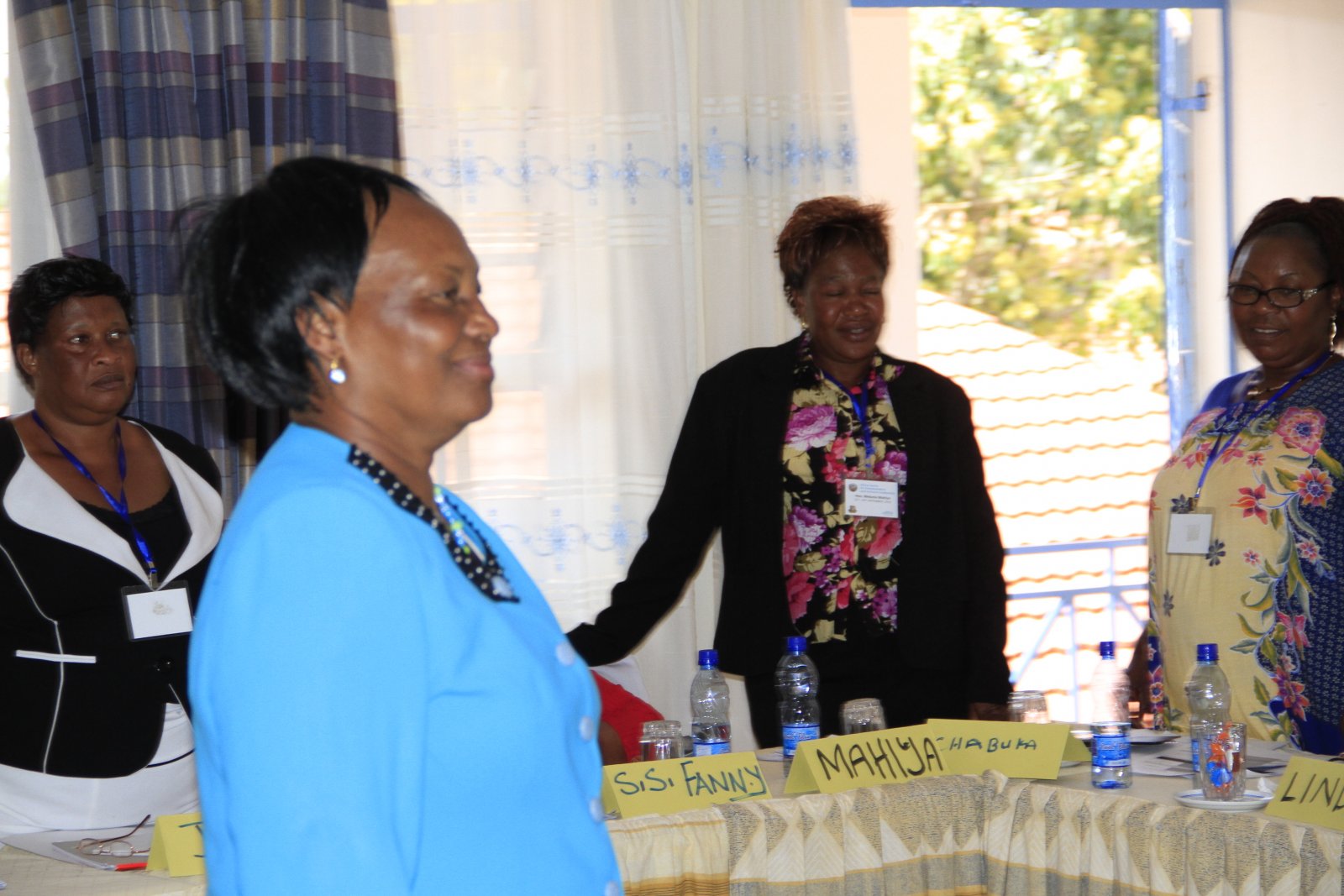
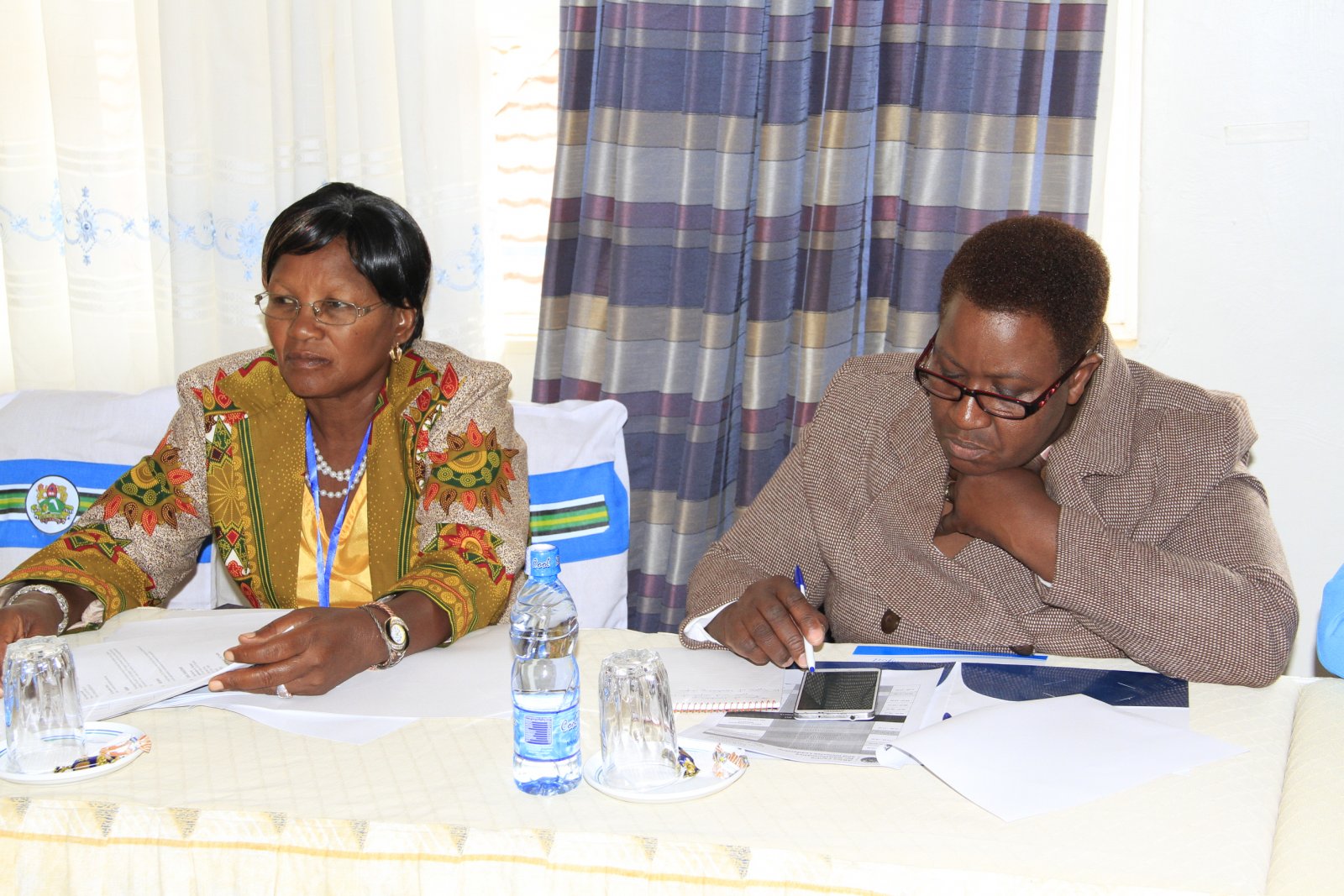
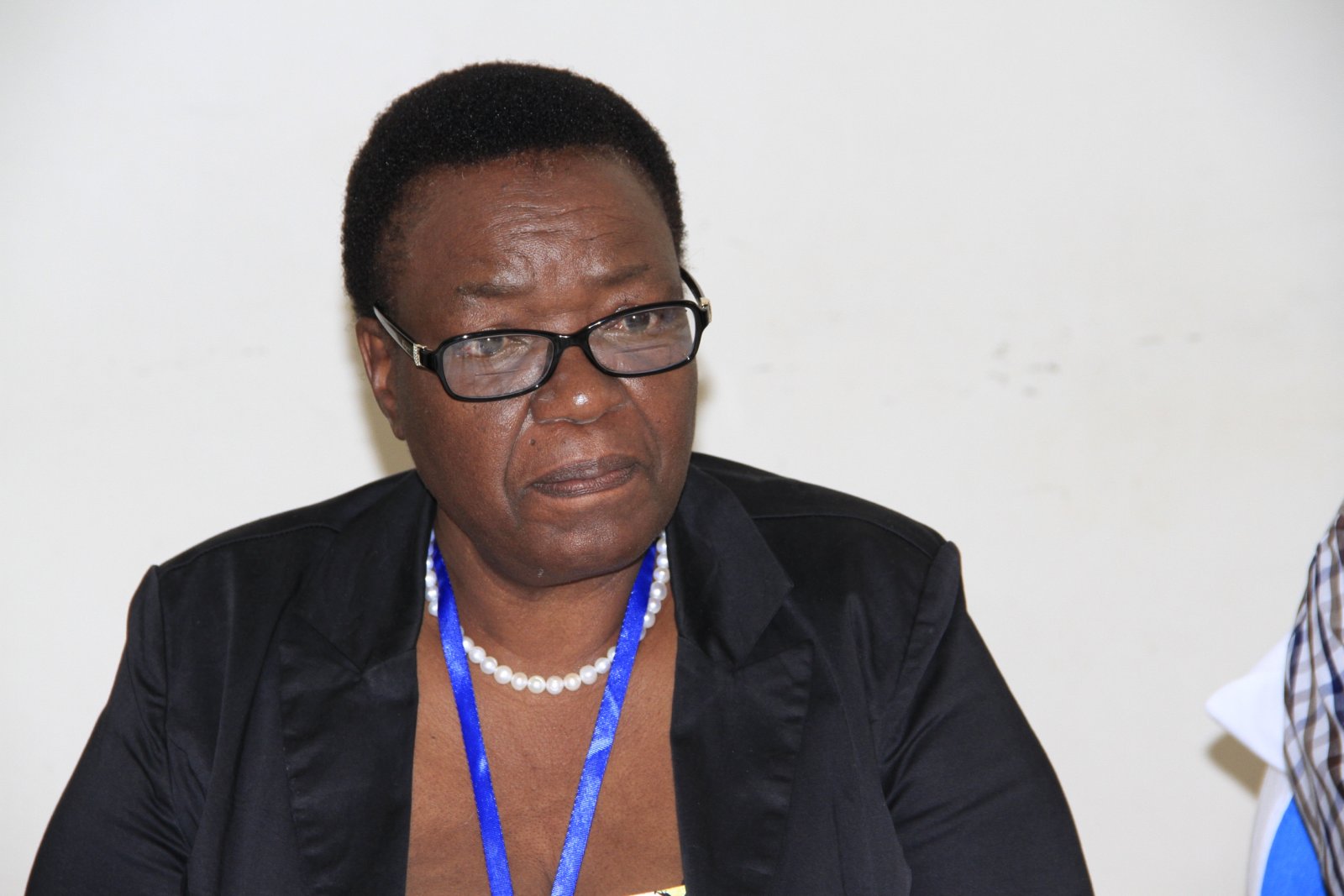
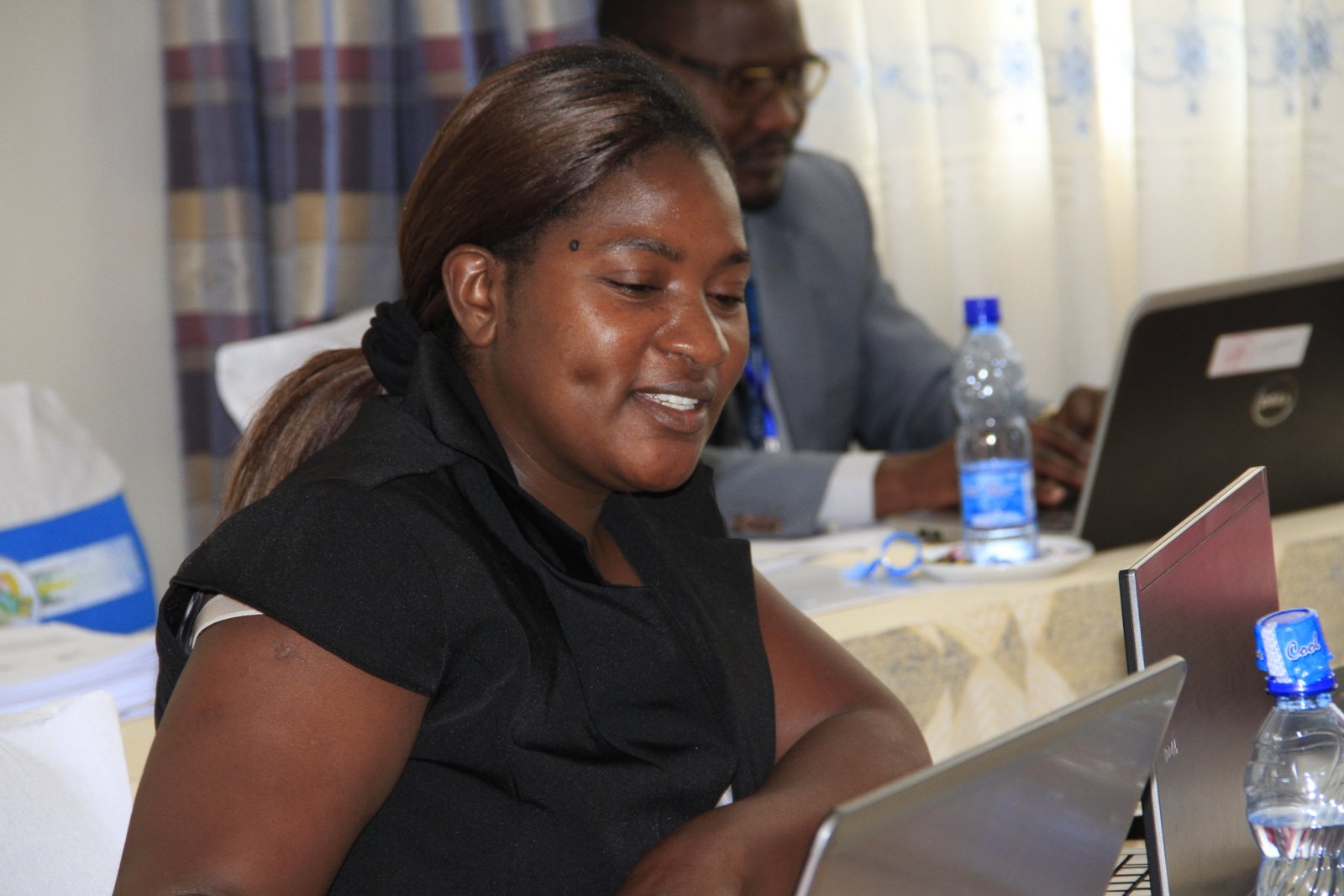
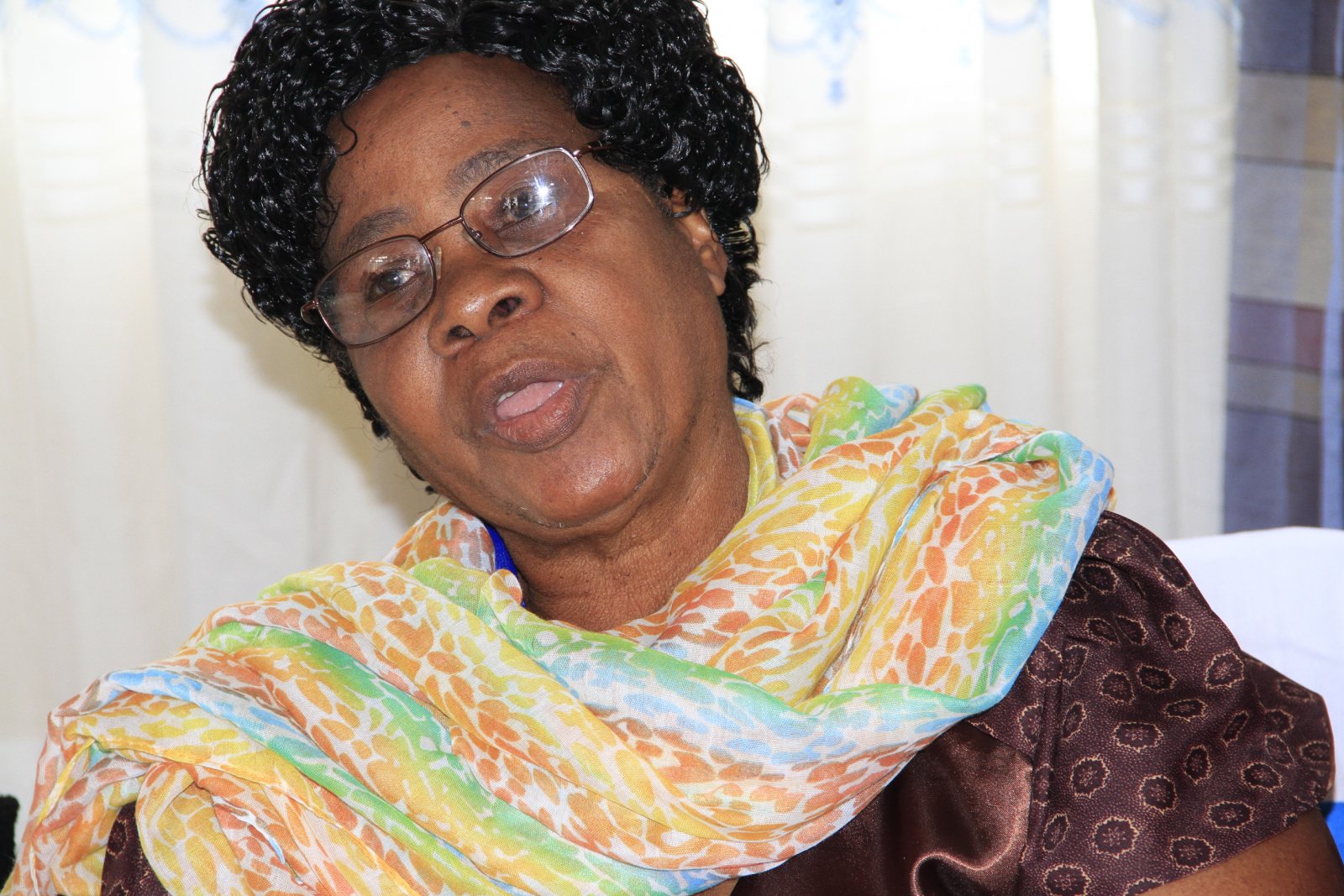
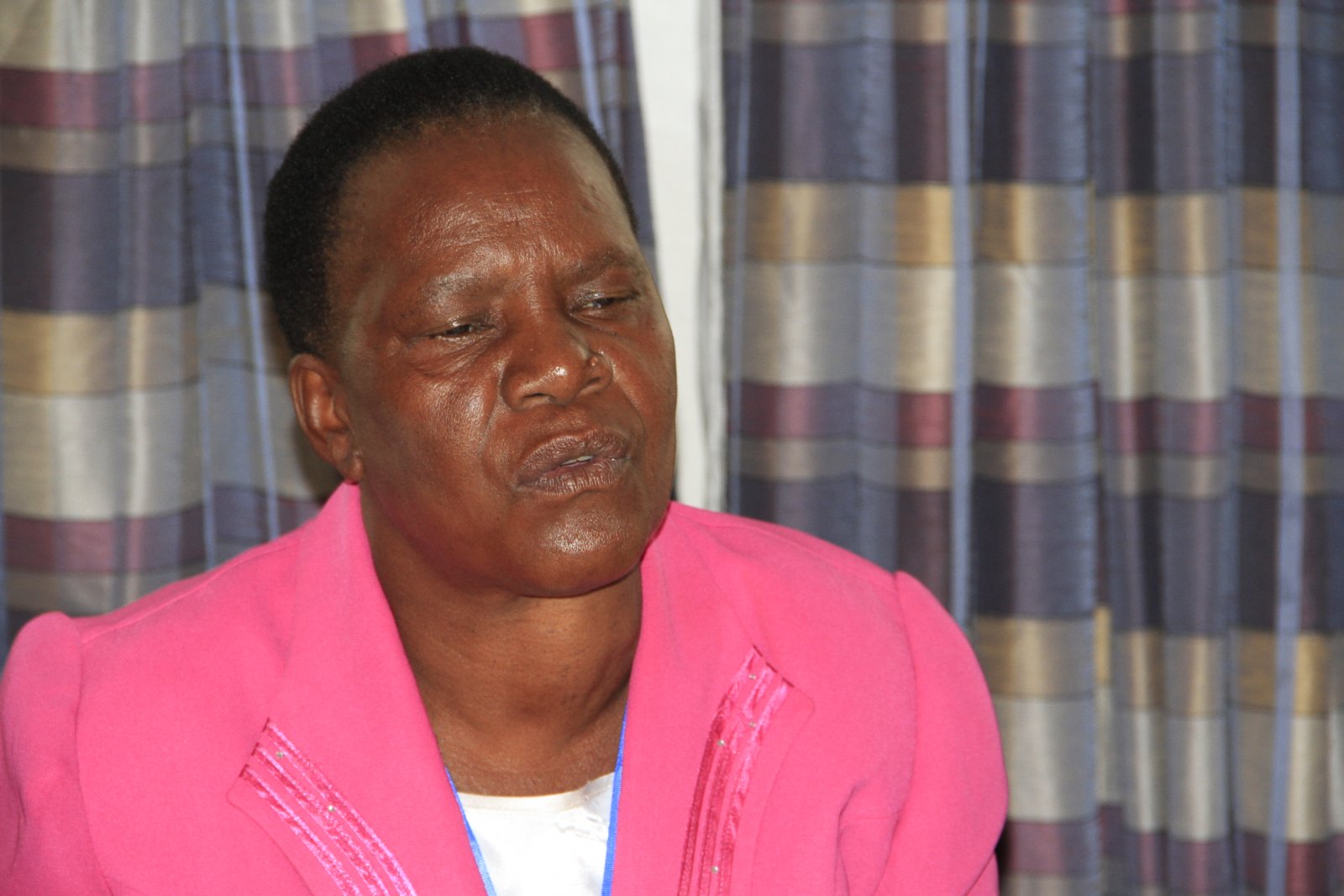

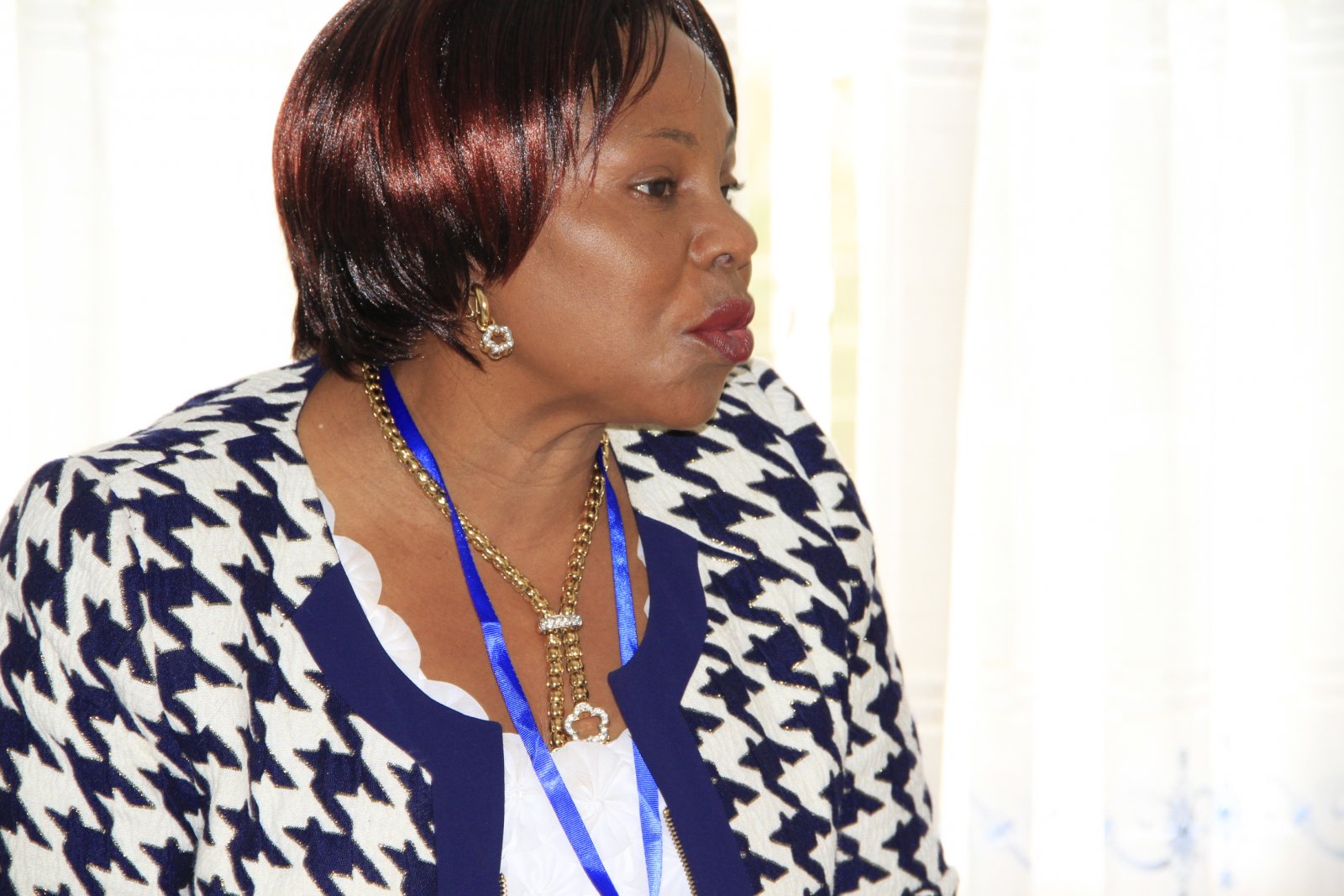
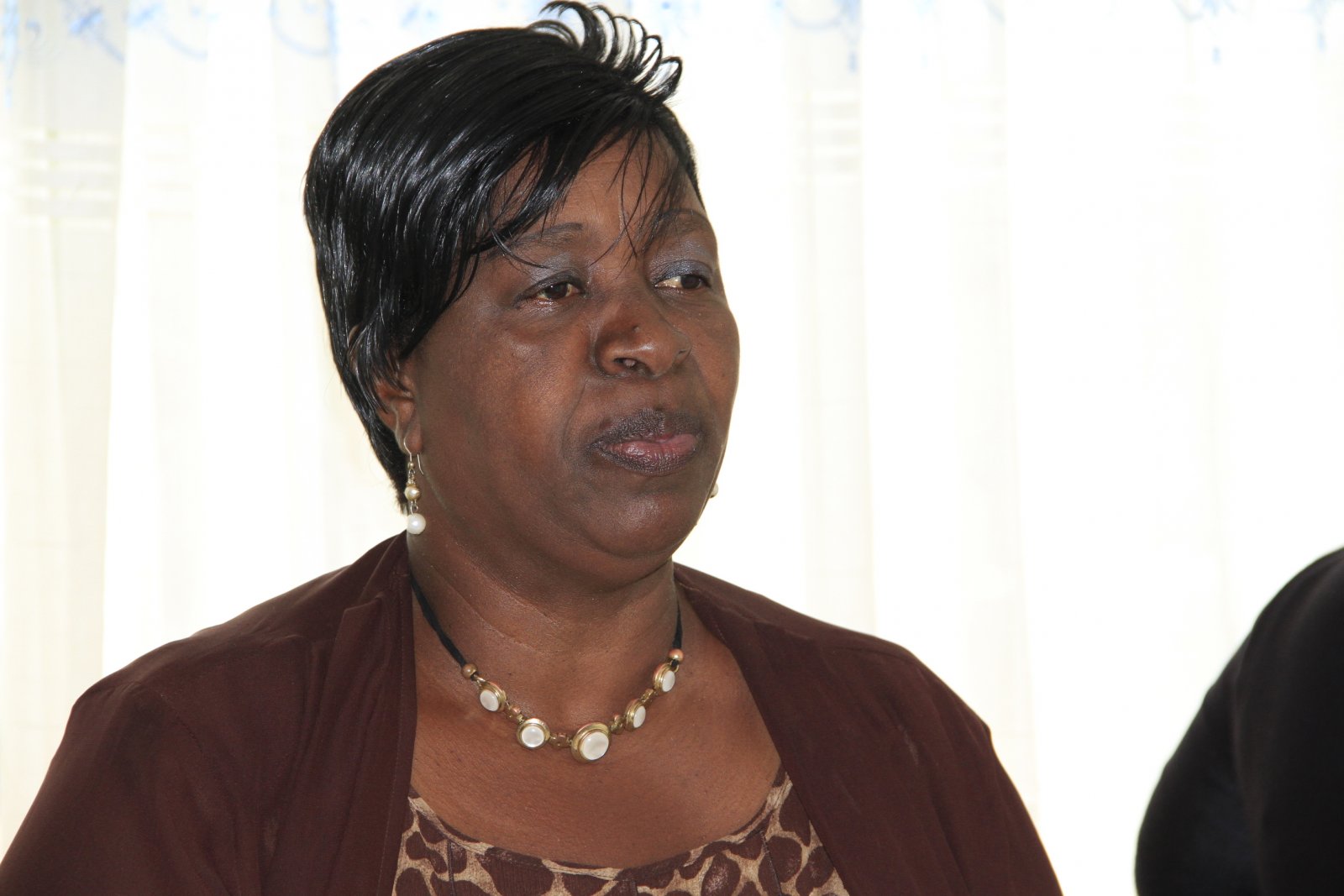
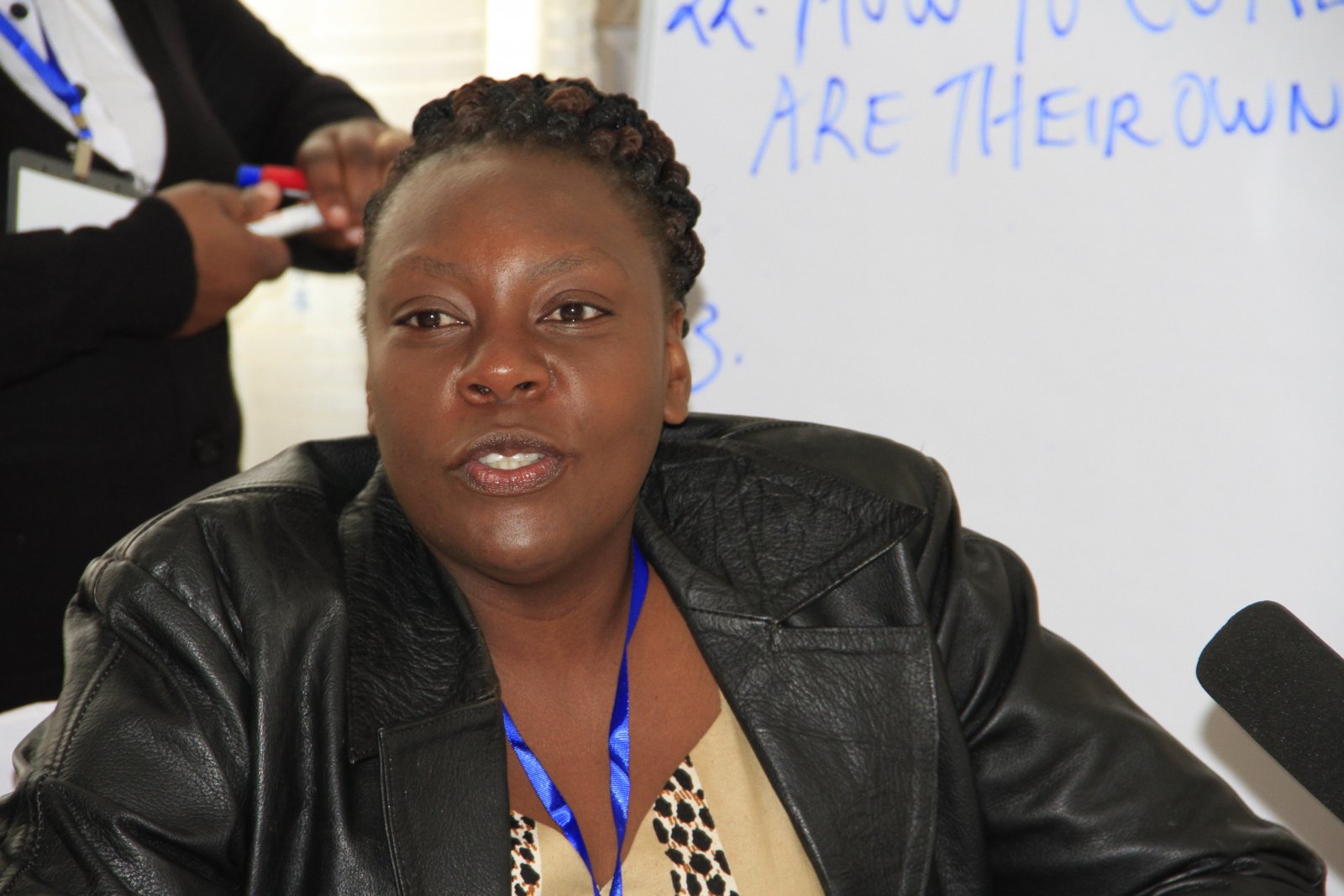
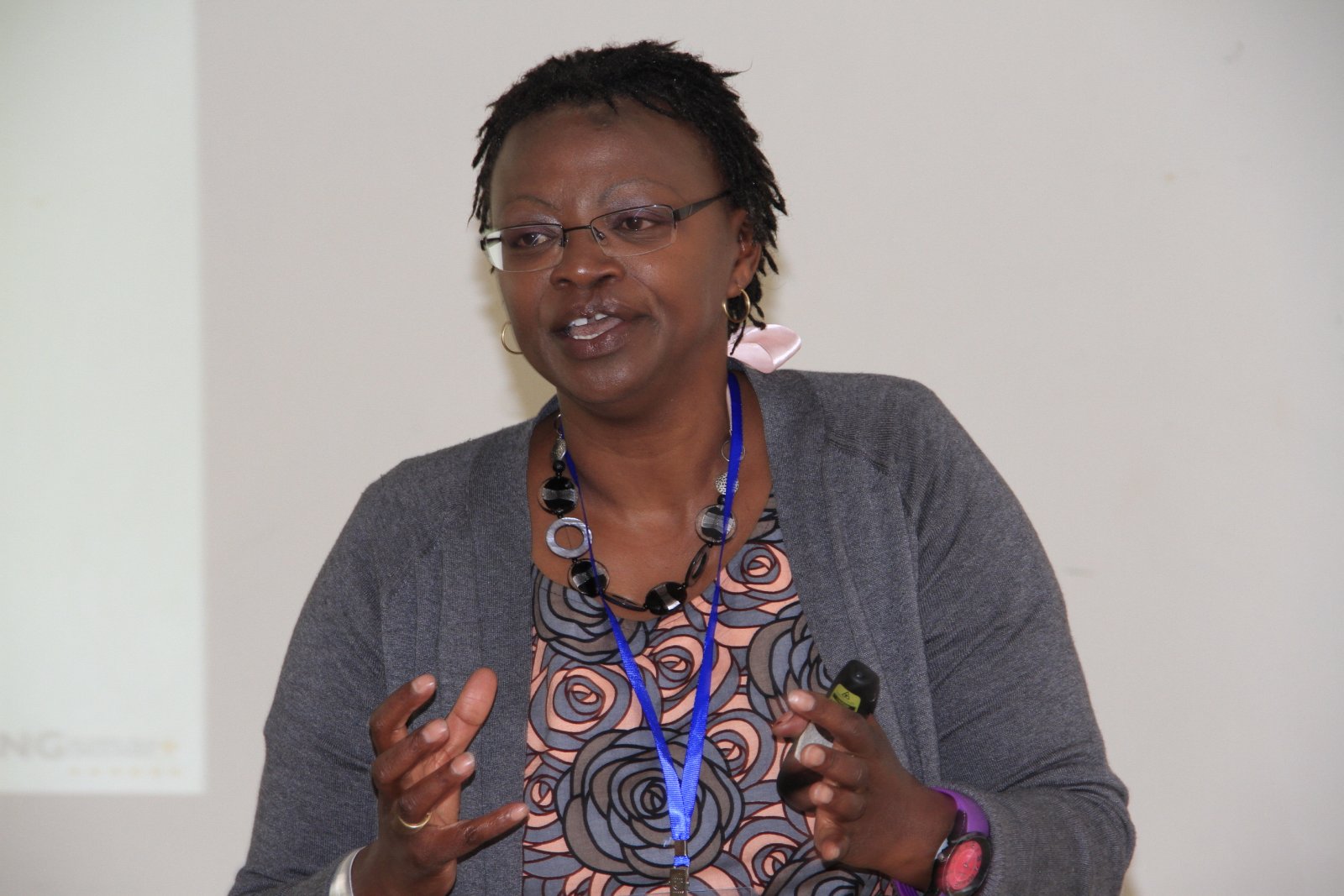
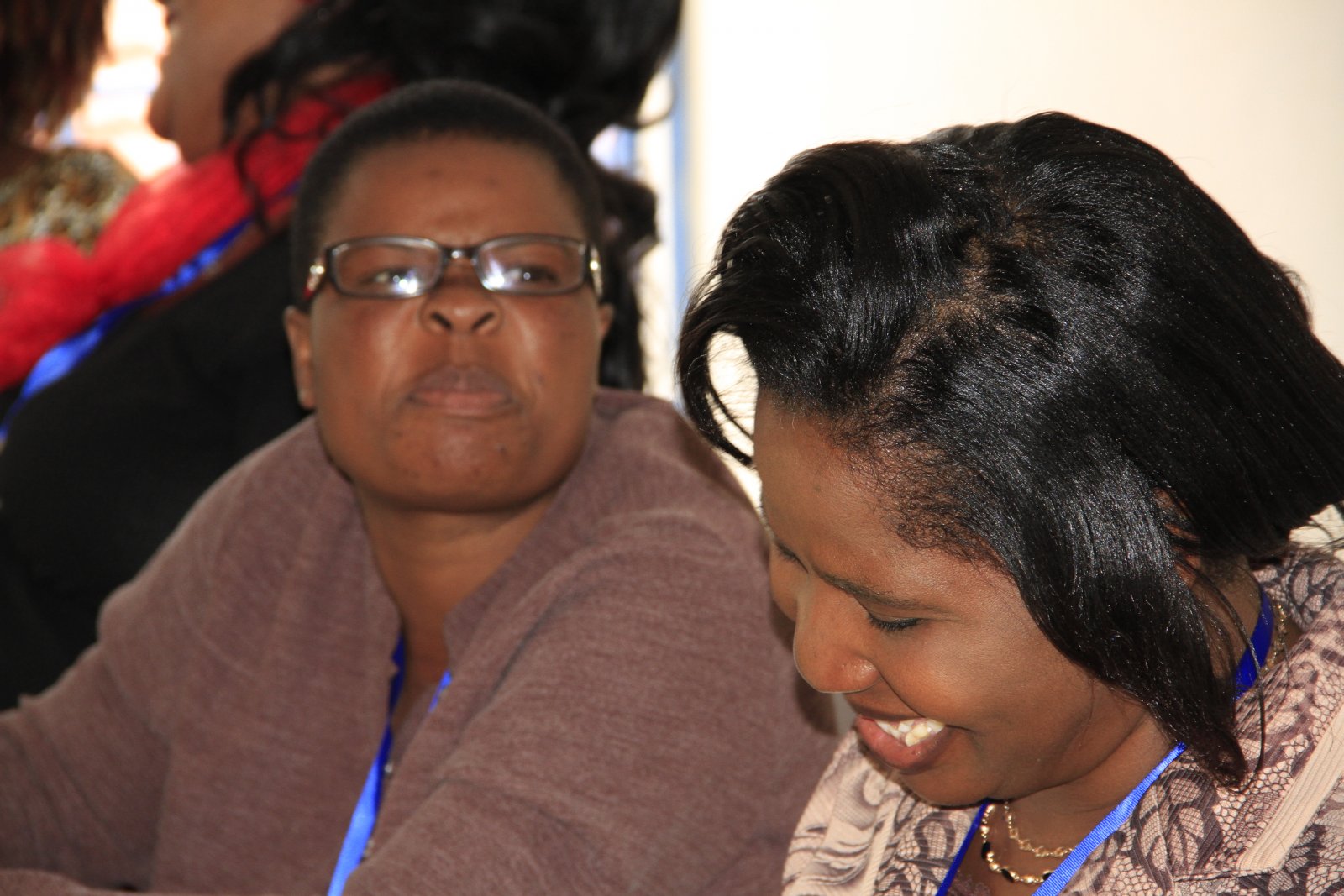
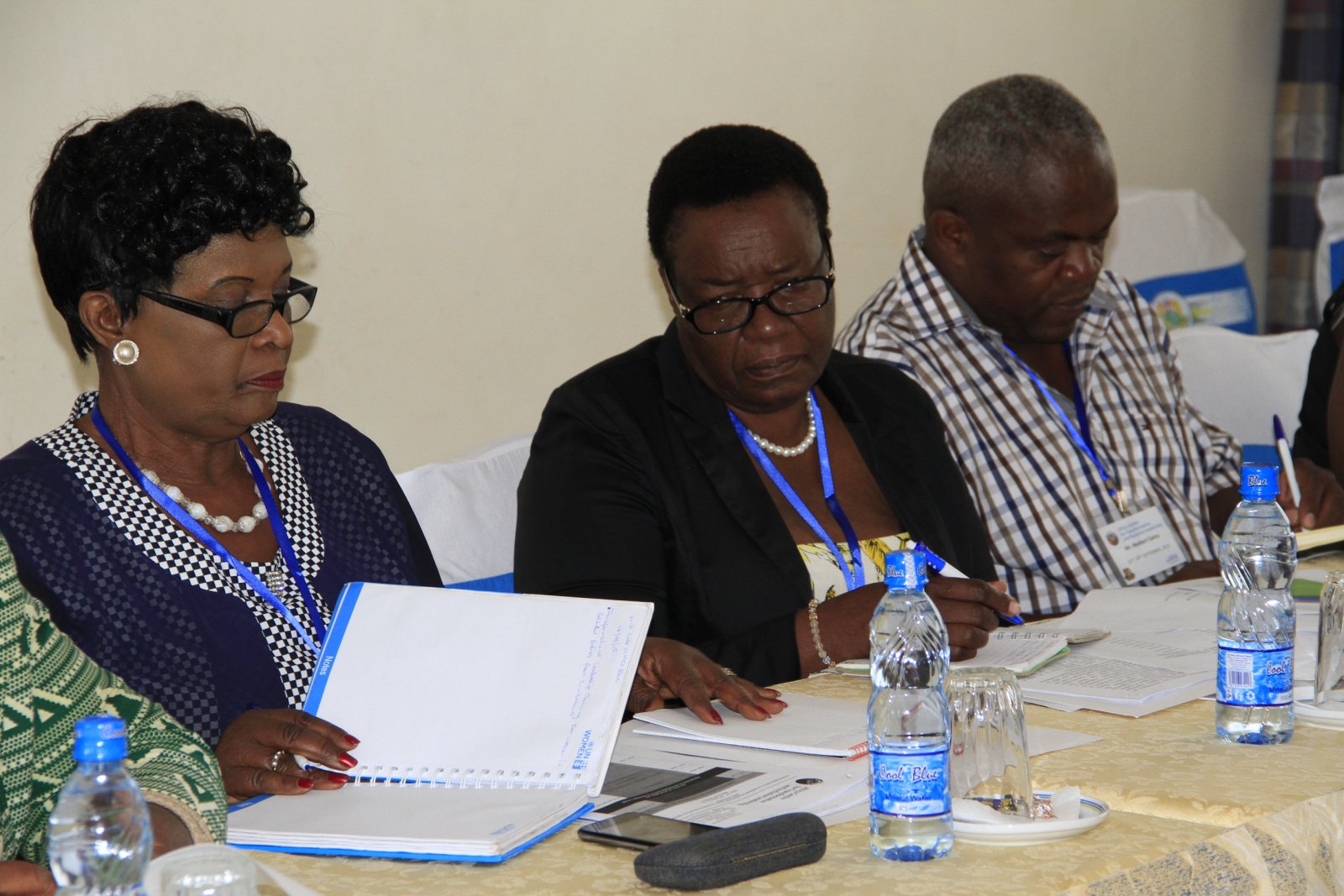
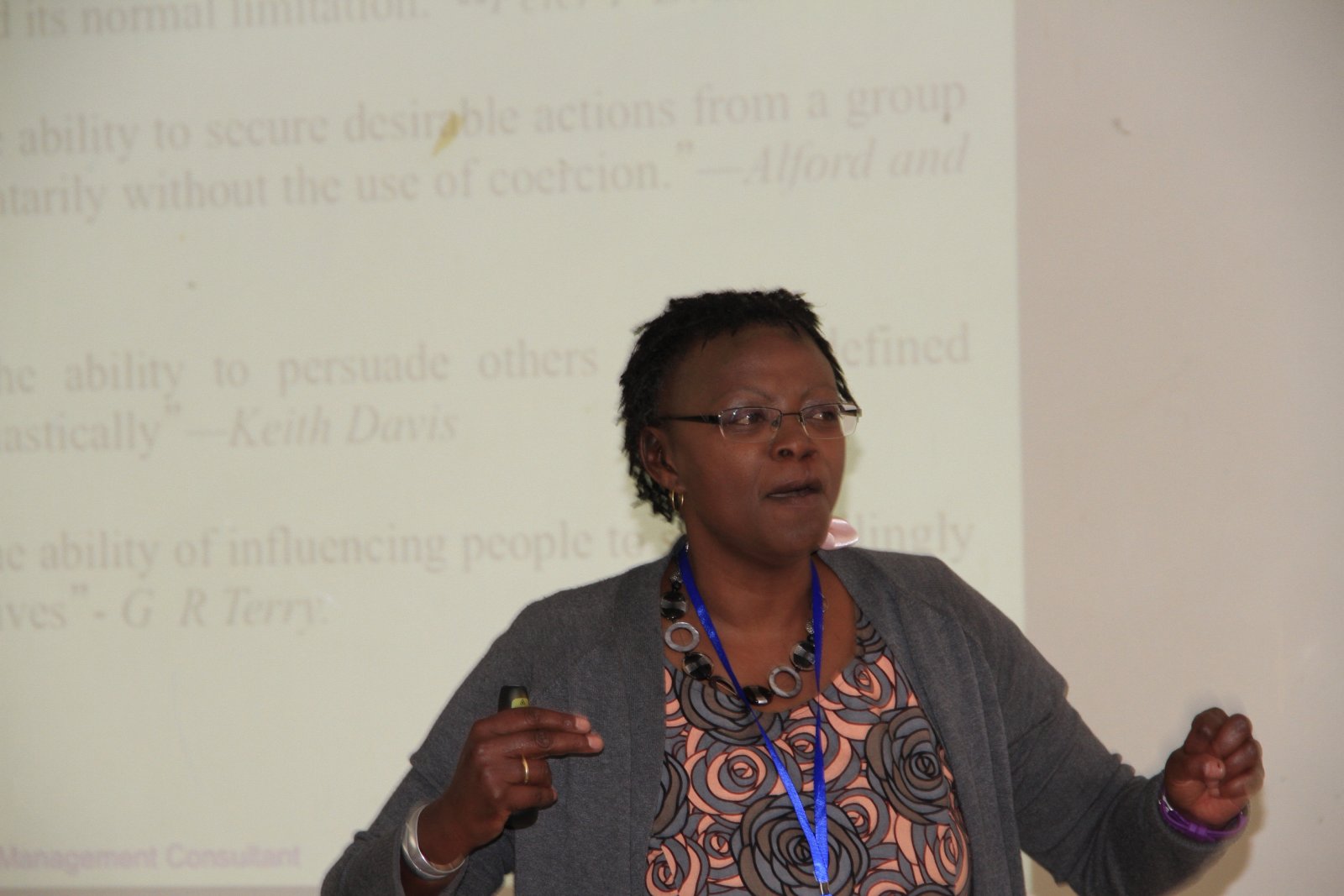
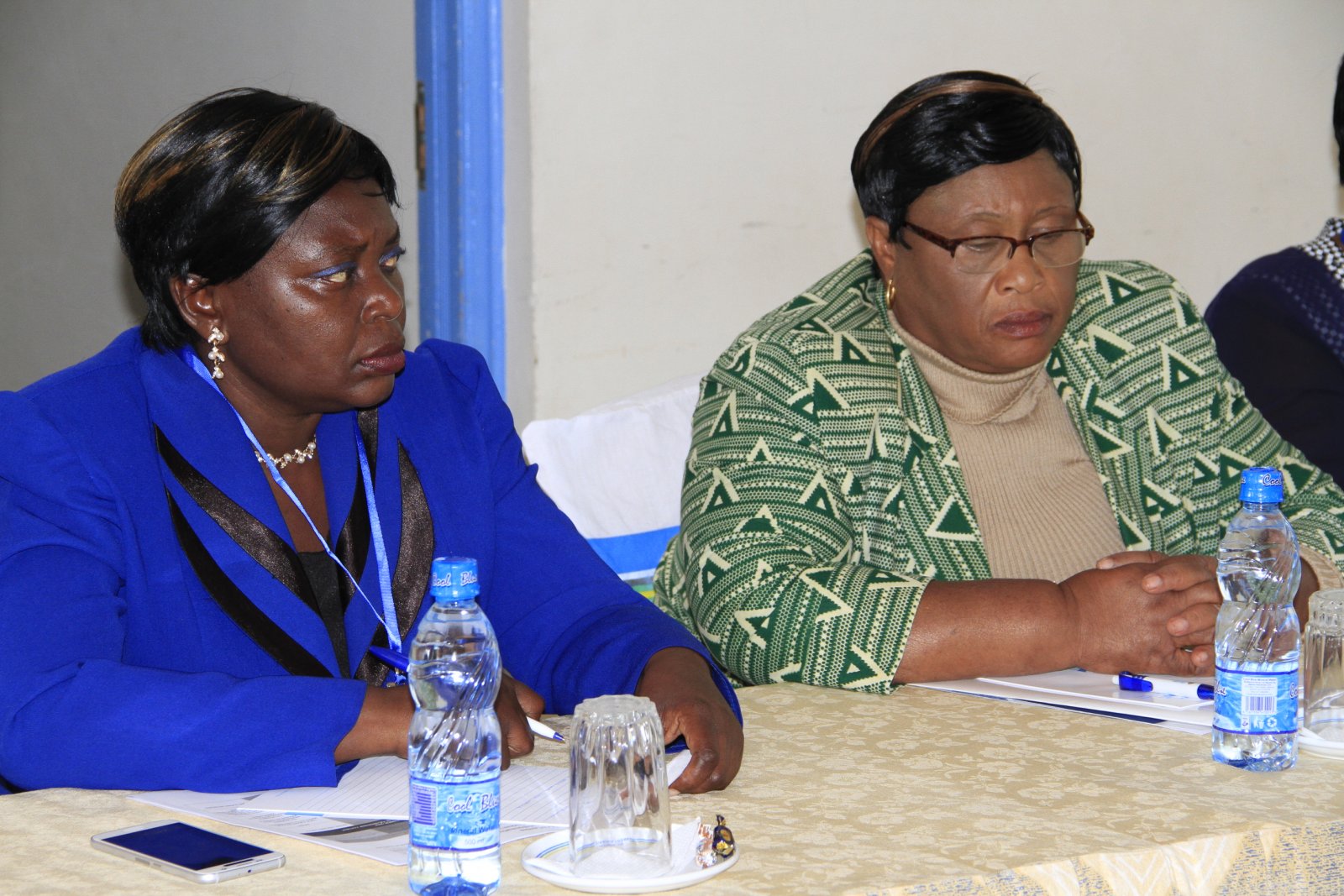
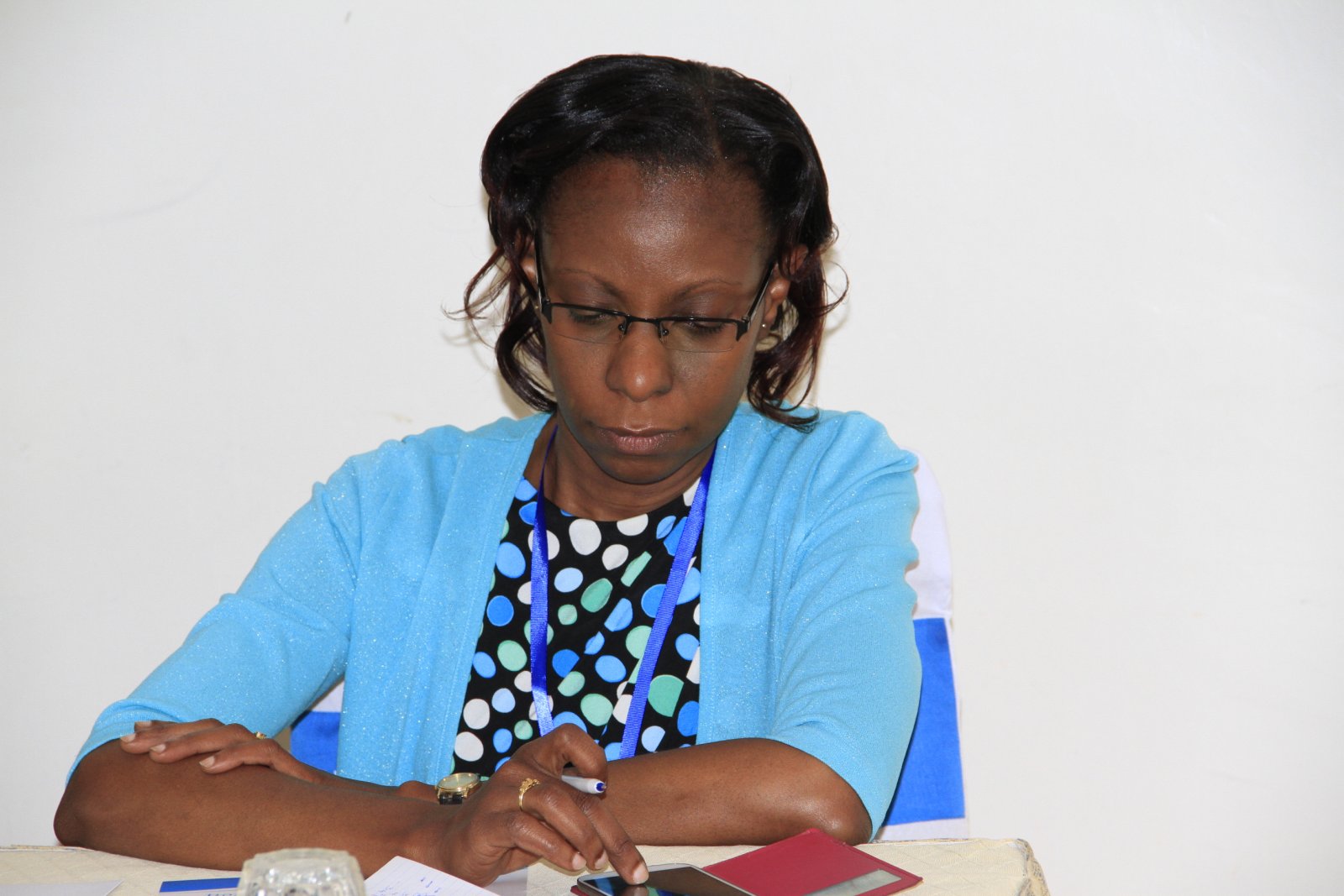
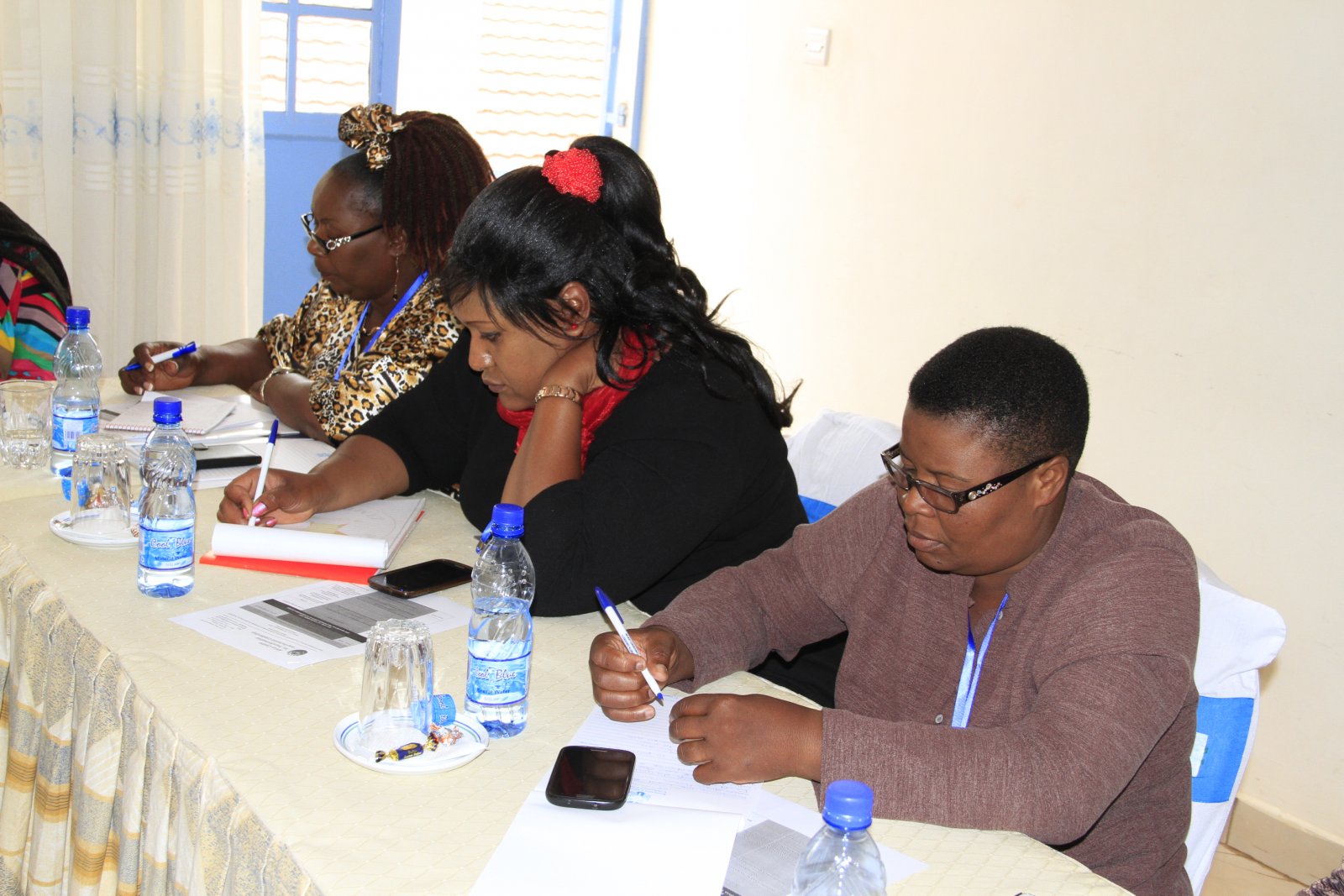
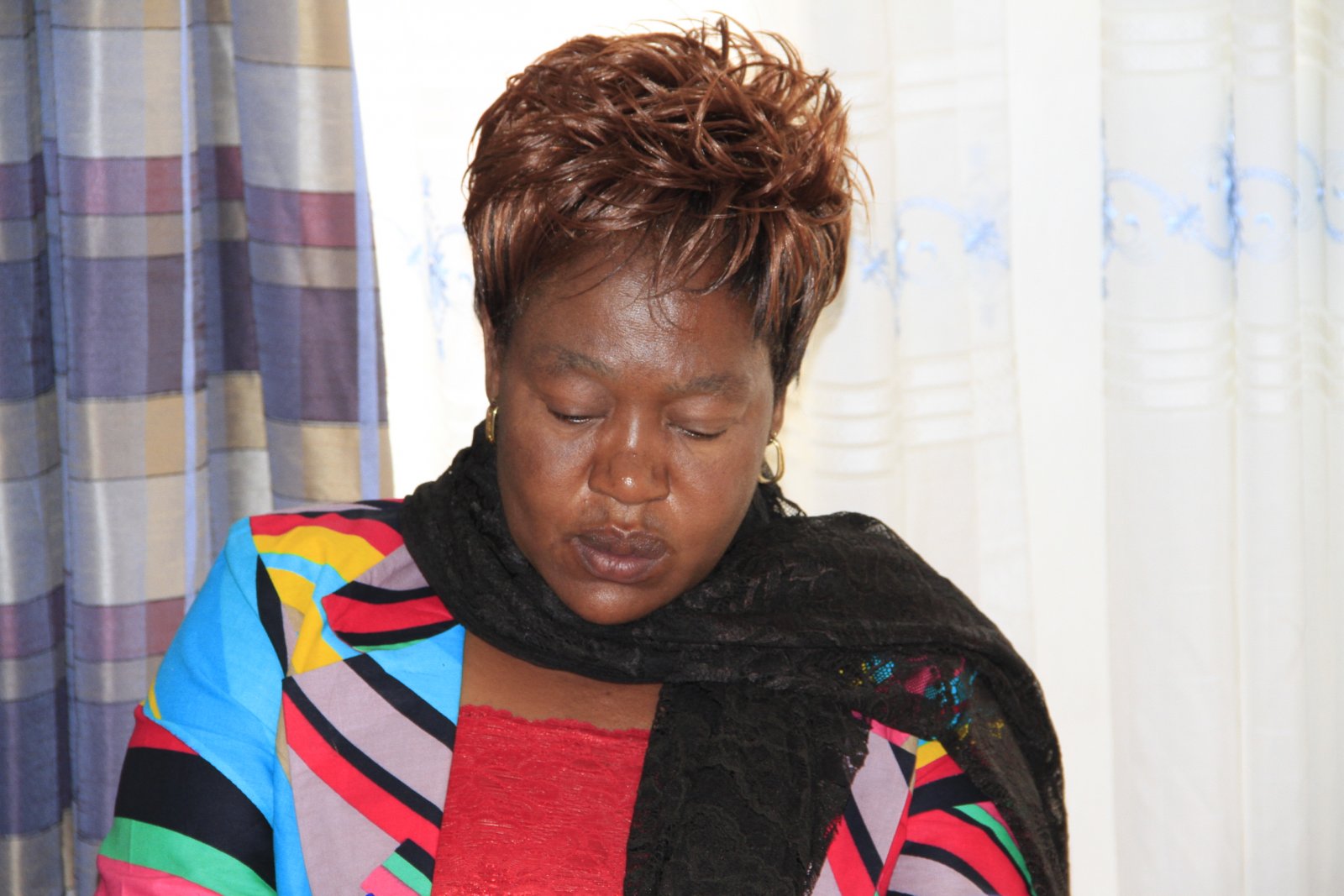
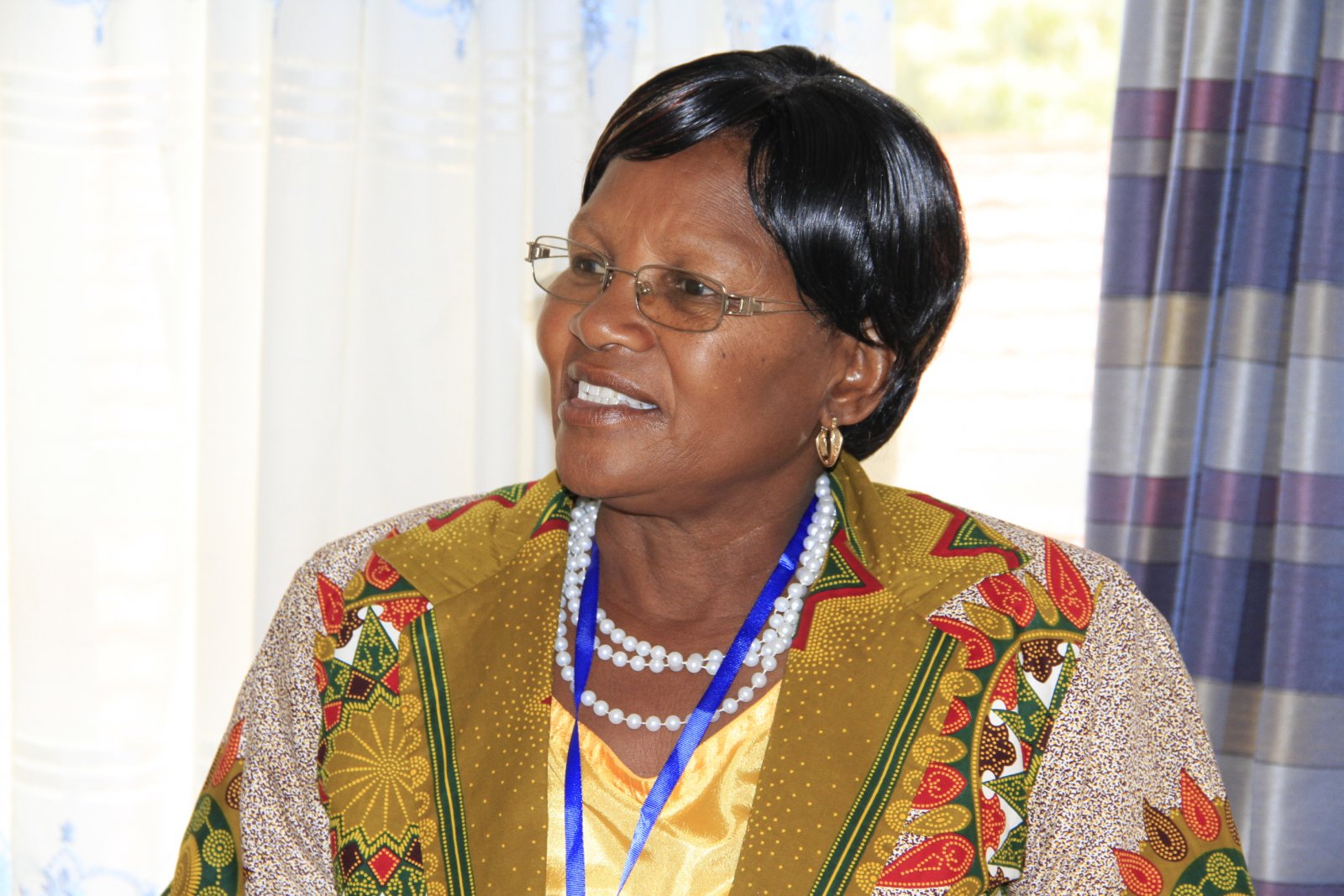
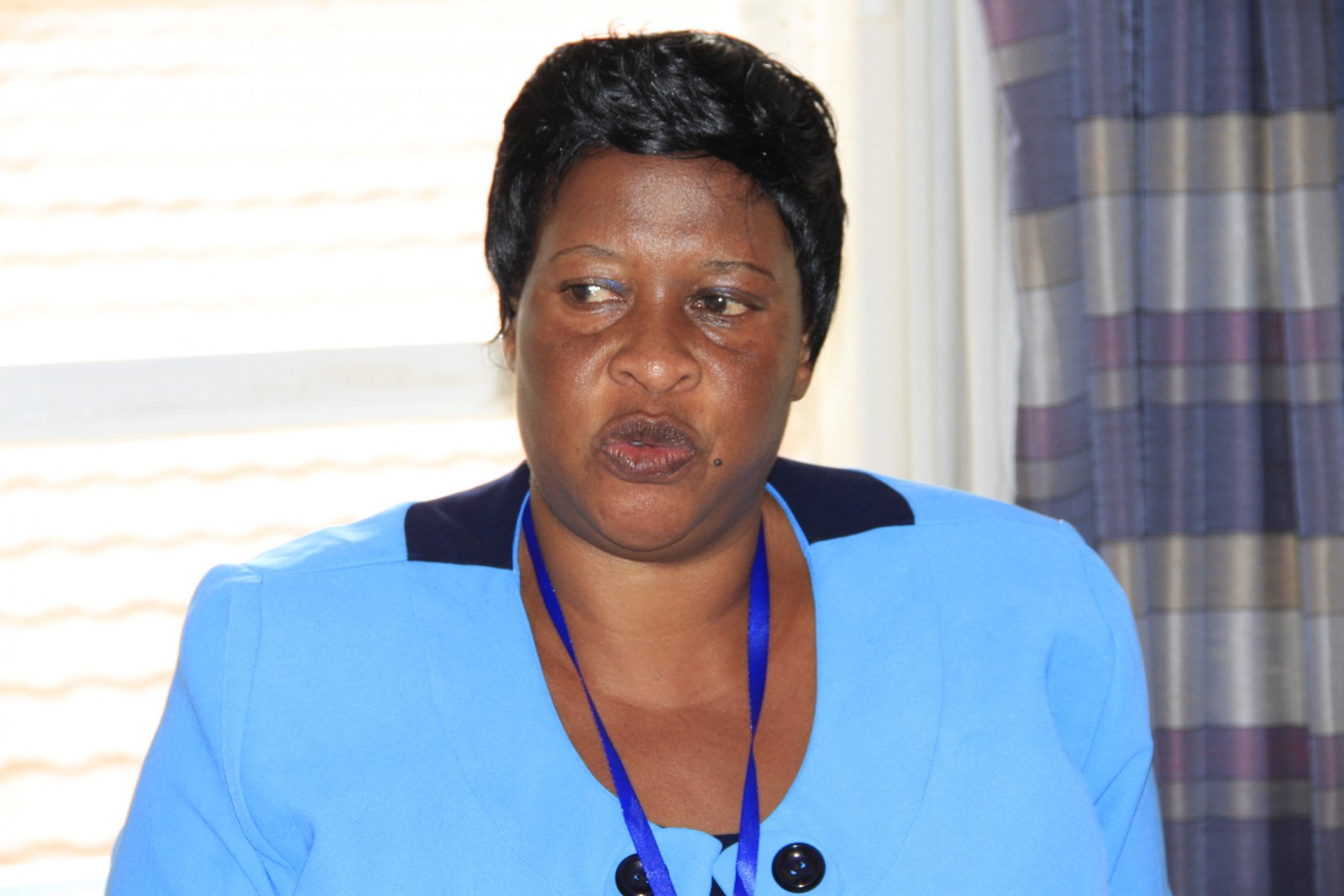
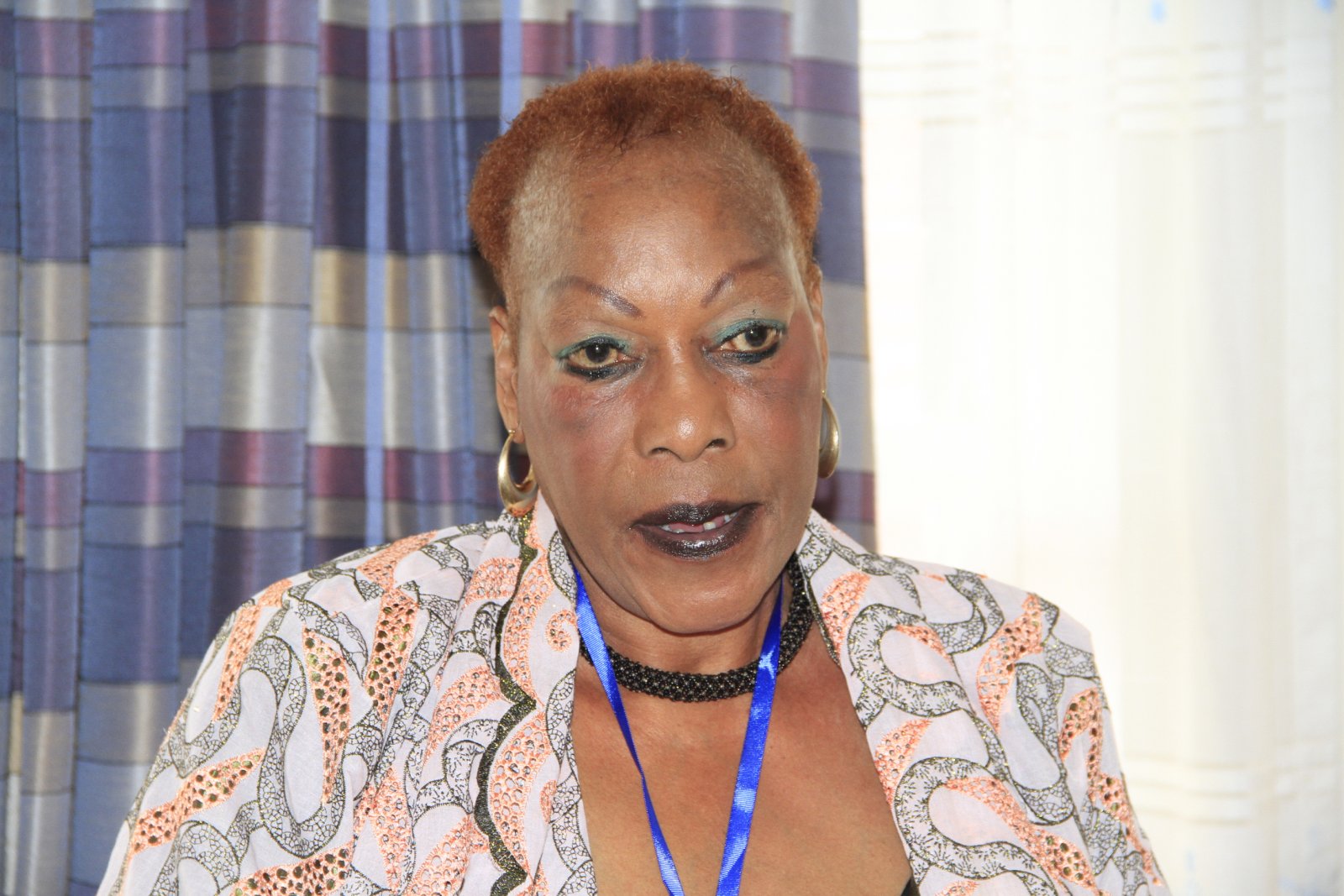
As the training on Transformational and Inclusive Leadership for Zimbabwean women parliamentarians enters day four, this morning Professor Catherine Ndungo, the training team leader introduced a self-assessment tool that the law makers can use to assess themselves and their day to day work in their constituencies and in executing their duties in the August House. At the end of this particular training session, the trainees are expected to develop two plans that they will submit to the trainers for assessment and recommendations for strengthening. They will be given these plans back for use back home.
The two plans are an individual action plan and a party action plan. As such, the concept of the assessment plan that they went through with Professor Ndungo is based on the concept that change starts with the individual leader before it transmits virally to the followers and to the institutions that the leader represents. The tool also starts from the premise that unless a leader knows and understands themselves better, they can never be able to know the followers and the institutions they represent, and thus may never be able to change anything for the better and also to the benefit of their Constituencies.
The tool is against the background that many leaders in Africa do not know themselves, and neither are they known by the people they claim to represent. Many leaders get where they are through the wave of political partisanship, and rarely do they get time to reflect on the 5Ws of self-discovery - Who exactly they are, What they represent and stand for, When they want to remain in leadership, Why they want to remain there and Where? Many leaders, because they do not interrogate the 5Ws, end up depending and relying on token and purely partisan, where to survive they have to rely on pleasing the most powerful while negating the development needs of the people. This behaviour, if tolerated and perpetuated, leads to affective conflict in parliament, and this manifests itself through heckling and championing chaos in the August House.
The first key questions addressed by the assessment tool are:
Who am i?
Why am I here?
Where do I want to go?
Why do I want to go there?
How do I go there?
When do I go there?
How will I know I have reached?
The end of this list of questions in the first part comes with a caution: “If you don’t change, change will change you!”
The assessment tool also introduces through the self-leadership wheels, the issue of self-care, personal relationships and personal vision. The self-leadership wheels are career, health, family, relationship, contribution and vision, and they emphasise on the need for each parliamentarian to have a career plan and support circle, health plan and support circle, family plan and support circle, relationship plan and support circle and a future vision plan with a well-articulated support circle.
Parliamentarians were introduced to a variety of concepts ranging from the self-concept, the Jahari window, the Edward de’Borno’s six hats, the White hat, the Green hat, the Yellow hat, the black hat with its connotations, the red hat, the blue hat to mention just a few. Participants also learnt how to apply the tools practically to their day to day commitments as they went through their personal exercises.



